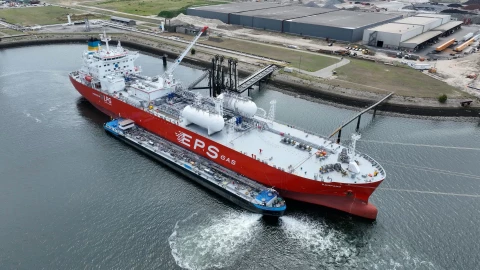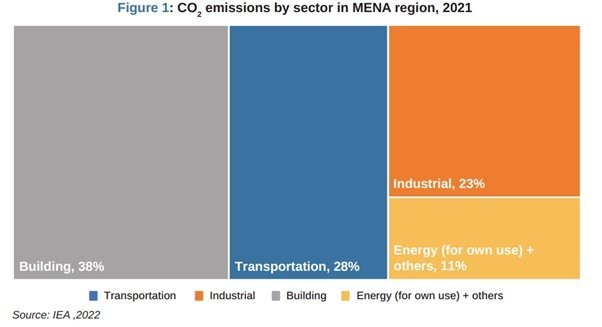The Middle East is primed for a 'clean revolution' with installed renewable energy capacity in the Middle East-North Africa (MENA) region set to grow from 40 GW in 2022 to 220 GW by 2030, according to Avanthika Sateesh, executive director of MENA Energy Storage Alliance.
Saudi Arabia will lead the way, with 100 GW of capacity expected by 2030. However, the increasing share of renewable sources in the energy mix will require an integration of energy storage systems to support grid stability, she added.
The MENA Energy Storage Alliance, driven by US-based Customized Energy Solutions, aims to bring all key stakeholders connected with the region's energy transition onto a common platform that enables them to achieve their Net Zero ambitions quicker.
Recently, the alliance teamed up with the International Solar Alliance to host a public-private sector panel in Abu Dhabi on solar power and energy storage. Panelists, drawn from across the Middle East and Asia-Pacific included:
- Eng Nawal Alhanaee of the UAE Ministry of Energy and Infrastructure,
- Nirod Chandra Mondal of Bangladesh's power division, Ministry of Power, Energy and Mineral Resources
- Upma Koul, Board Member at the Belgium-based Long Duration Energy Storage Council
- Stig Olav Settemsdal, Head of Portfolio Management & Innovation, Energy Storage Solutions Grid Technology at Siemens Energy
- Ramakrishnan Gopalakrishna head of grid-scale BESS solutions at Wärtsilä
- Shatanshu Agrawal, Vice President at the renewables-focused Greenko Group of India
The dignitaries representing Governments of various countries shared respective federal plans and targets for renewable energy integration with the grid, and the significance of energy storage going forward with large-scale renewable capacity penetrating the grid.
Eng Nawal Alhanaee shared how the UAE operates the world's largest solar park and the country's ongoing efforts on the energy storage front.
Upma Koul presented insights on how long duration energy storage such as liquid air energy storage systems from Sumitomo Corp are relevant in a region which is heavily dependent on electricity for supplying cooling and ventilation in buildings. Experts believe thermal energy storage will bring relief to the Middle East region to address this challenge.
Shatanshu Agrawal presented various pumped hydro and renewable energy projects that are being developed by Greenko Group across India.
In her closing remarks, Ms Avanthika said there was a need for proper target setting, technology adoption, investments and supportive regulatory framework to ensure the MENA region was able to successfully transition to cleaner fuels and achieve its Net Zero targets.
Quoting data from the International Energy Agency, Ms Avanthika summarized that the MENA region recorded CO2 emissions of 2.8 gigatons in 2021, with buildings contributing to over 38 percent of those emissions, followed by transportation and industrial sectors accounting for 28 percent and 23 percent, respectively.
The addition of clean electricity sources would form the basis for reducing emissions from buildings (cooling solutions) and transportation (electrification), she said.

Vegetable oil biofuel blend can reduce ship emissions 20 percent, finds GCMD trial
Read More


